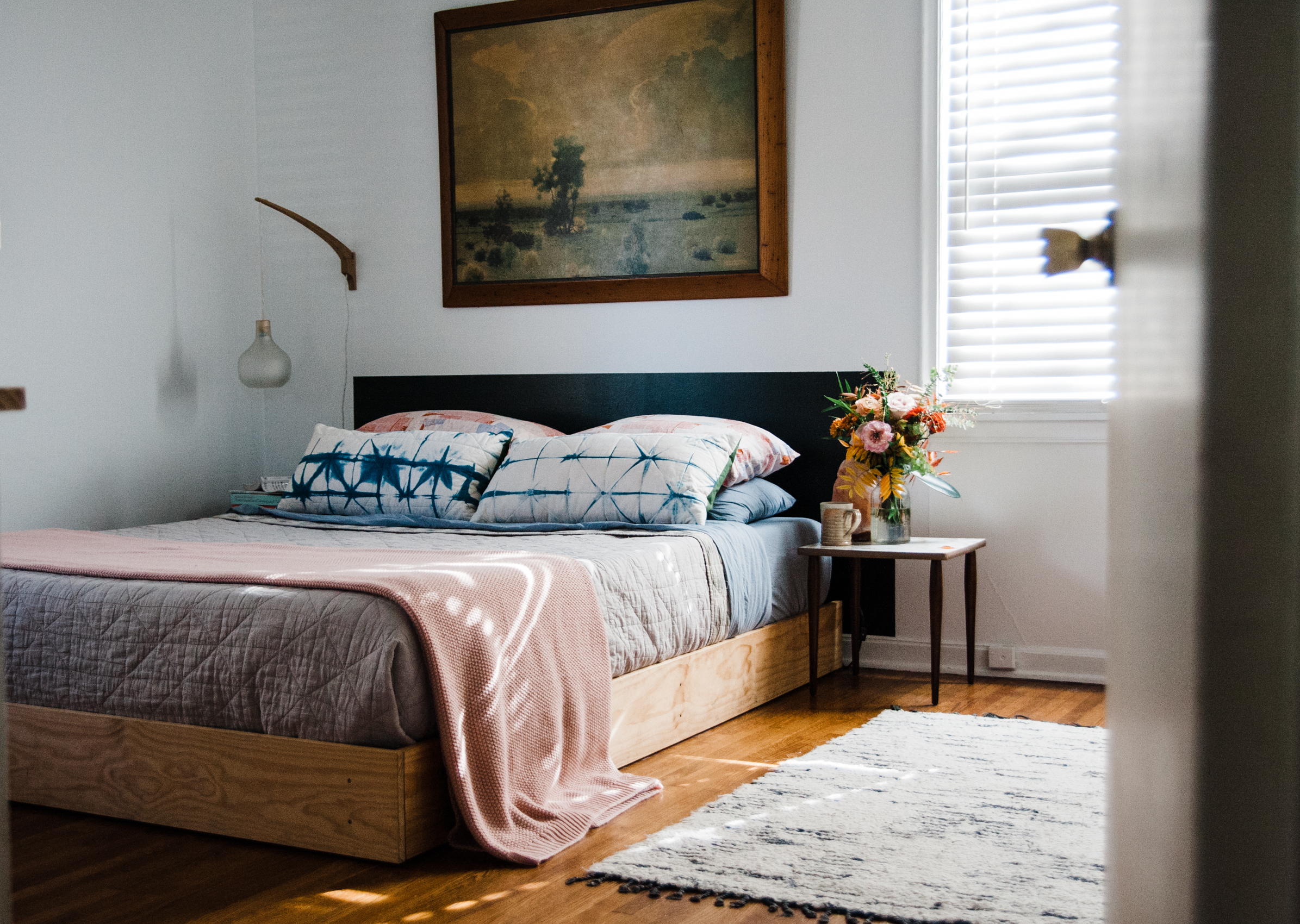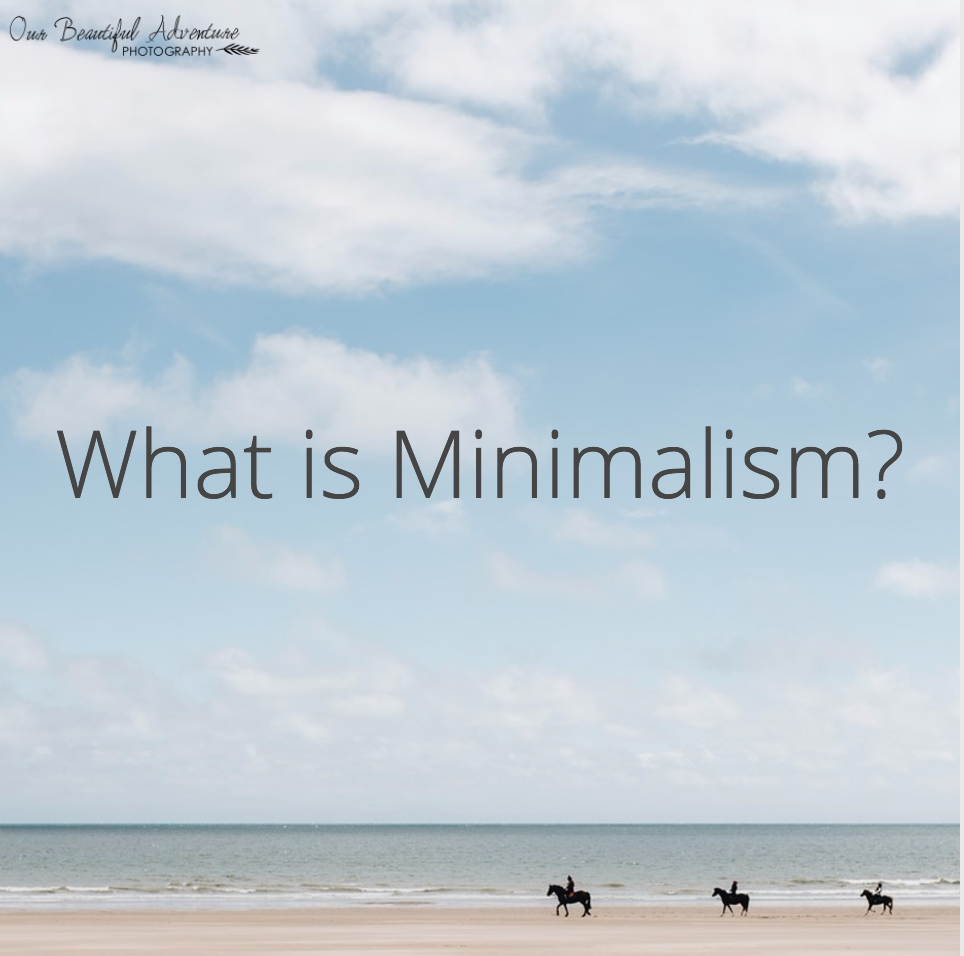Checking Out the Long-Term Influence of Minimalism on Psychological and Emotional Health
Checking Out the Long-Term Influence of Minimalism on Psychological and Emotional Health
Blog Article
Understanding Minimalism: Approaches for Reducing Clutter and Enhancing Quality in Everyday Living
Minimalism is significantly identified as a viable strategy to improving clarity and focus in today's cluttered globe. By systematically assessing our ownerships and prioritizing intentionality, we can develop areas that not only show our worths but additionally advertise psychological well-being. Using approaches such as the "Four-Box" strategy can help with an extra organized setting, yet truth obstacle depends on growing a minimalist attitude that sustains these initiatives. Checking out the nuances of this approach might disclose unexpected understandings into how you can change your life. What might you discover when you accept this intentional simpleness?
Defining Minimalism and Its Advantages
Specifying minimalism entails recognizing it as a lifestyle choice that stresses simpleness and intentionality in both daily routines and physical possessions. At its core, minimalism encourages individuals to prioritize what genuinely matters, permitting a much more meaningful and focused presence. By removing away the non-essential, minimalism invites people to involve deeply with their surroundings and experiences.
It cultivates mental quality, as lowering clutter in one's environment can lead to reduced distractions and tension. Minimalism promotes economic liberty; by prioritizing demands over desires, individuals can make more enlightened acquiring decisions, leading to potential financial savings and lowered financial obligation.
Eventually, minimalism is not simply about material reduction however includes an alternative shift in perspective, fostering a life identified by satisfaction, function, and balance. Accepting this way of life can result in profound adjustments in just how individuals connect and regard with the globe around them.
Examining Your Existing Clutter
Clutter commonly materializes as a frustrating build-up of products that no longer serve an objective, producing an obstacle to attaining a minimalist lifestyle. Take note of specific categories of items, such as clothes, publications, or kitchenware, as this will assist you comprehend the scope of the clutter.

In addition, think about the frequency of use for every product. If something has not served a function in the previous year, it may be a candidate for removal. This assessment will not just clarify your relationship with your properties yet will certainly additionally set the structure for reliable decluttering in the future. Inevitably, recognizing your existing mess is an important action toward accepting minimalism and improving quality in your day-to-day living.

Practical Decluttering Strategies
Having actually assessed your existing clutter, the next step is to implement practical decluttering strategies that assist in an even more organized living area. Minimalism. One reliable technique is the "Four-Box" method, where you designate 4 boxes labeled: keep, give away, trash, and relocate. This strategy motivates quick decision-making and ensures items are categorized properly
Another method is the "One in, One out" regulation, which states that for each brand-new product acquired, an existing item needs to be removed. This principle assists preserve balance and avoids build-up with time. Furthermore, take into consideration the "30-Day Minimalism Video Game," where you get rid of one thing on the initial day, two on the 2nd, etc, cumulatively cultivating a sense of accomplishment.
For those who battle with emotional accessories to properties, the "Emotional Value" approach can be advantageous. Limitation on your own to a certain variety of treasured products, enabling you to appreciate their value without overwhelming your room. Finally, develop a normal decluttering schedule, whether month-to-month or seasonally, to keep a clutter-free atmosphere. By utilizing these methods, you can create a more reliable and peaceful space, eventually enhancing quality in your daily life.
Developing Intentional Rooms
Producing deliberate spaces includes a thoughtful approach to how we style and arrange our settings, making sure each location serves a specific purpose and mirrors our worths. This practice is crucial in cultivating a sense of clarity and function in our day-to-days live. By critically assessing the function of each area, we can eliminate interruptions and boost our overall well-being.
To produce willful spaces, start by recognizing the key activities that will happen in each area. A home office should be designed to foster performance, incorporating components such as ample lighting, comfy furnishings, and very little disturbances. In comparison, a relaxation area need to advertise tranquility, including calming shades and comfy seating.
Additionally, take into consideration the psychological impact of your surroundings (Minimalism). Including individual products that resonate with your worths, such as artwork or plants, can improve the connection to your space. On a regular basis examine these settings to guarantee they remain to serve their designated function as your demands evolve
Inevitably, creating deliberate areas has to do with making aware selections that straighten with your way of living, promoting harmony and performance in your living and workplace.
Keeping a Minimalist State Of Mind
Welcoming a minimal attitude requires ongoing reflection and intentionality in our ideas Check Out Your URL and actions. Set apart time to review your dedications, possessions, and even electronic web continue reading this content, guaranteeing they line up with your core principles.
This shift in viewpoint encourages appreciation for simpleness, boosting overall health. Incorporating mindfulness techniques, such as meditation or journaling, can better reinforce a minimalist mindset by promoting clarity and reducing psychological mess.
Furthermore, develop borders to safeguard your energy and time. Find out to say no to non-essential obligations and interruptions that do not add to your individual development. Surround yourself with similar people who support your minimalist trip, as shared values can enhance inspiration and responsibility.
Final Thought
To conclude, welcoming minimalism supplies significant benefits, including decreased mess and boosted quality in life (Minimalism). By systematically evaluating ownerships and applying functional decluttering strategies, individuals can create deliberate rooms that cultivate mindfulness and gratitude. Preserving a minimalist way of thinking needs continuous evaluation and commitment to simpleness, inevitably bring about an extra concentrated and satisfying way of living. The concepts of minimalism work as important devices for growing an environment that sustains personal growth and well-being.

Furthermore, take into consideration the "30-Day Minimalism Video Game," where you eliminate one item on the initial day, two on the second, and so forth, cumulatively cultivating a feeling of achievement.
In verdict, welcoming minimalism provides significant benefits, including minimized mess and improved quality in everyday life.
Report this page